01/6What is Beauty Parlor Stroke Syndrome?

Getting a nice head wash with a great smelling shampoo and conditioning at a beauty parlor or a hair salon can set you up for a great hair day. However, apart from the relaxation from just sitting and getting your hair washed, many people also experience discomfort from the hard basin against their neck.
Apart from the discomfort, doctors share that hyperextension of the neck during a head wash at a salon can in fact lead to a stroke! This is called beauty parlor stroke syndrome and can have serious consequences.
Dr Sudhir Kumar, senior consultant neurologist, Apollo Hospital, Jubilee Hills, Hyderabad, tweeted about a recent case of a 50-year old woman who suffered from the syndrome from getting a hair wash in a beauty parlor.
02/6How can a stroke happen during head wash?


When we turn our heads backwards for hair wash, the hyperextension of the neck can alter the circulation of oxygen in the brain.
Dr Kumar notes that kinking or compression of vertebral arteries (vertebral arteries in the neck supply blood to the brain and spine) during hyperextension and turning of the neck towards wash-basin could lead to the syndrome.
This can cause a tear in the blood vessel, leading to a blood clot, which can travel to your brain and cause a stroke. The body part which is under the control of the brain part that does not get oxygen, also suffers damage.
Read more: Coronavirus: Keep yourself safe from superspreader Omicron variants; Immunity boosting foods to have
03/6Initial warning signs are different from typical stroke


Dr Kumar noted that the 50-year old woman experienced symptoms of dizziness, nausea and vomiting.
The initial warning signs of beauty parlor stroke syndrome are a little different from those of a typical stroke, Clifford Segil, D.O., a neurologist at California’s Providence Saint John’s Health Center told Self magazine.
Other initial signs include unsteadiness in your hands, migraine-type headaches, some loss of vision or blurred vision, neck swelling, and change of taste.
After that, the symptoms match those of a regular stroke. These include numbness, loss of balance, slurred speech, weakness, fainting, and sudden behavioral change.
04/6Doctor shares diagnosis of the syndrome


Dr Kumar explained that the 50-year old woman was initially taken to a gastroenterologist, who treated her symptomatically. However, her symptoms did not improve and the next day she developed a mild imbalance while walking.
She was then referred for the neurologist’s opinion, who found that she had mild right cerebellar signs. "MRI brain revealed infarct in right posterior inferior cerebellar territory, MR angiogram showed left vertebral hypoplasia. A diagnosis of beauty parlor stroke syndrome involving right PICA territory was made.”
05/6This can happen beyond the parlor also


Aneesh Singhal, M.D., associate professor of neurology at Harvard Medical School and vice chair of Neurology at Massachusetts General Hospital, told Self Magazine that this type of stroke can also happen to people when they’re at the dentist, playing tennis, undergoing chiropractic neck manipulation, and even doing yoga.
Doctors note that this syndrome is not extremely common and is often found more in people who have a connective tissue disease or any underlying weakness they may not be fully aware of.
Read more: Health prediction for November 2022: Migraine, headache to trouble Aries, Libra; know how others will fare this month
06/6Should we stop getting head wash at the parlor?


Dr Kumar concludes in his tweet, “Stroke affecting vertebro-basilar artery territory can occur during shampoo hair-wash in a beauty parlor, especially in women with other atherosclerotic risk factors and undetected vertebral hypoplasia.”
Singhal says you can minimize your risk of getting this kind of stroke without swearing off salon shampooing forever. “Avoid activities where the neck would be malpositioned for a long period of time—more than 10 or 15 minutes, but it could be even less,” he says.
Segil recommends making sure your neck is supported when you have your hair washed and asking a salon employee to pad the area where your neck will be positioned over the wash basin with a towel.
Dr Kumar explains that prompt recognition and treatment can prevent disability.

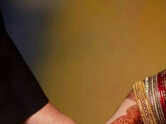


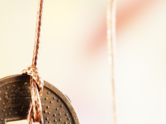






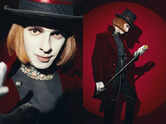
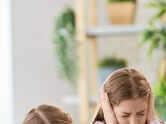

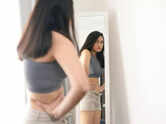

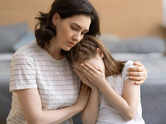


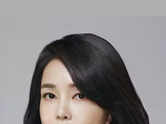

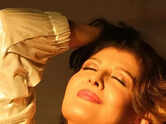



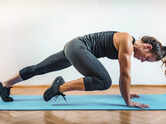
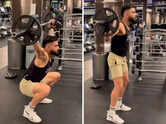

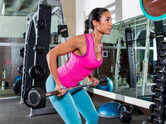
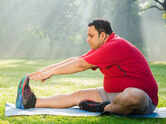
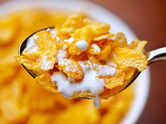

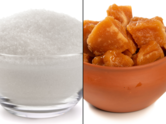

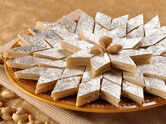
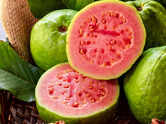


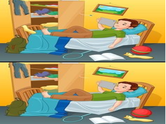

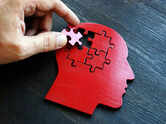



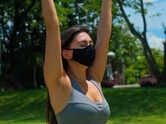
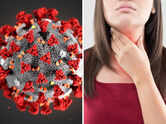




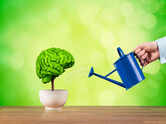

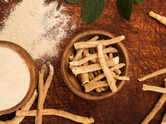
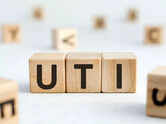

















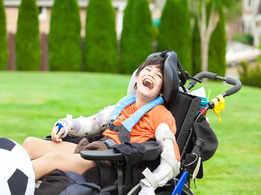
















closecomments
SIGN IN WITH
FacebookGoogleEmail